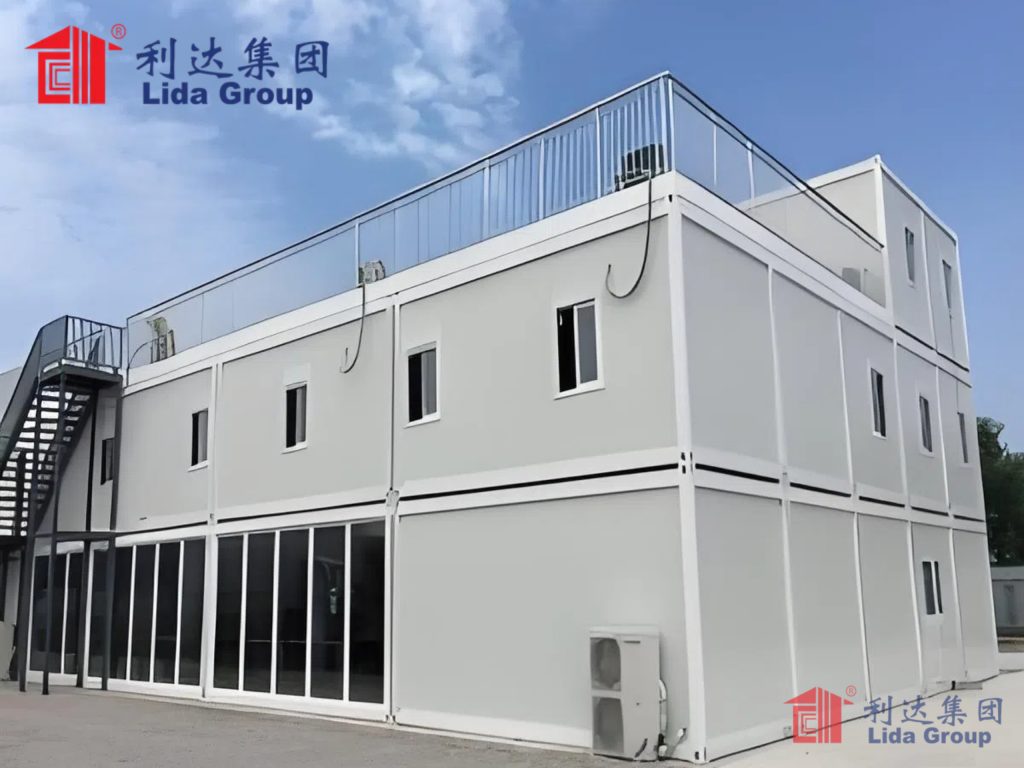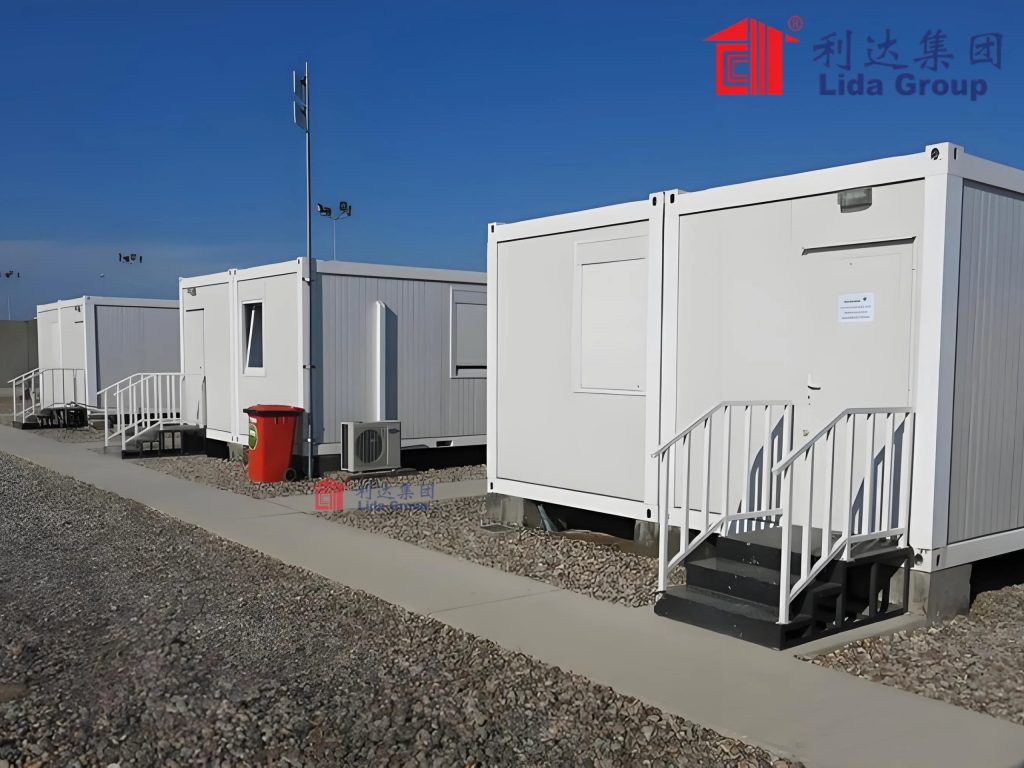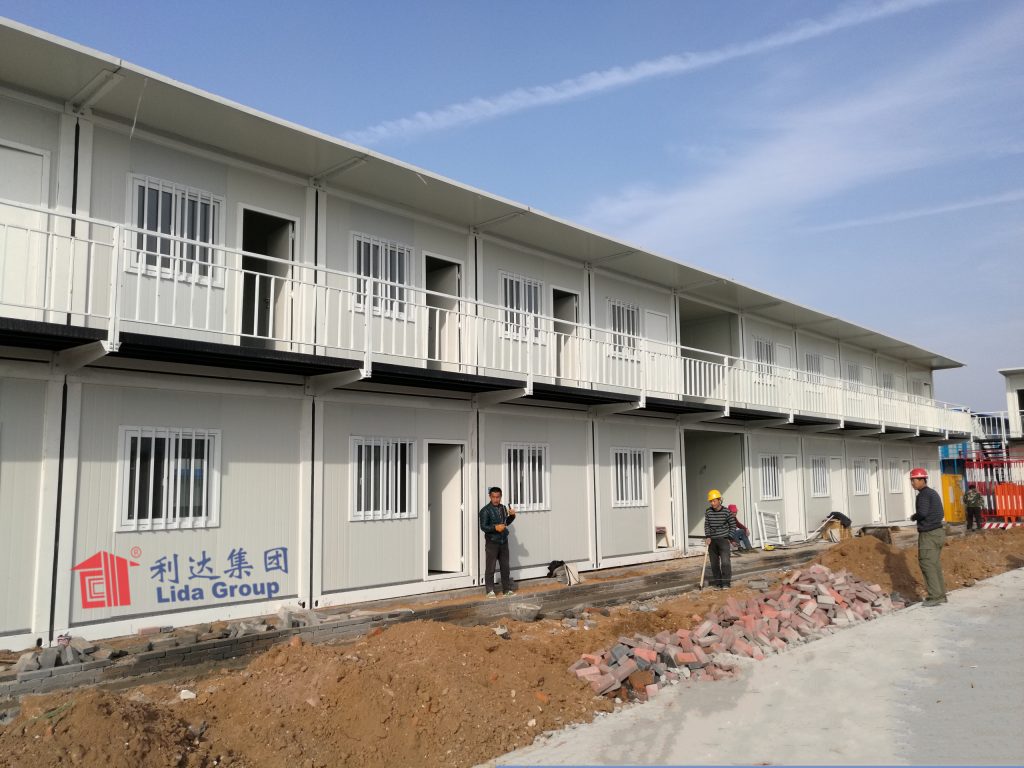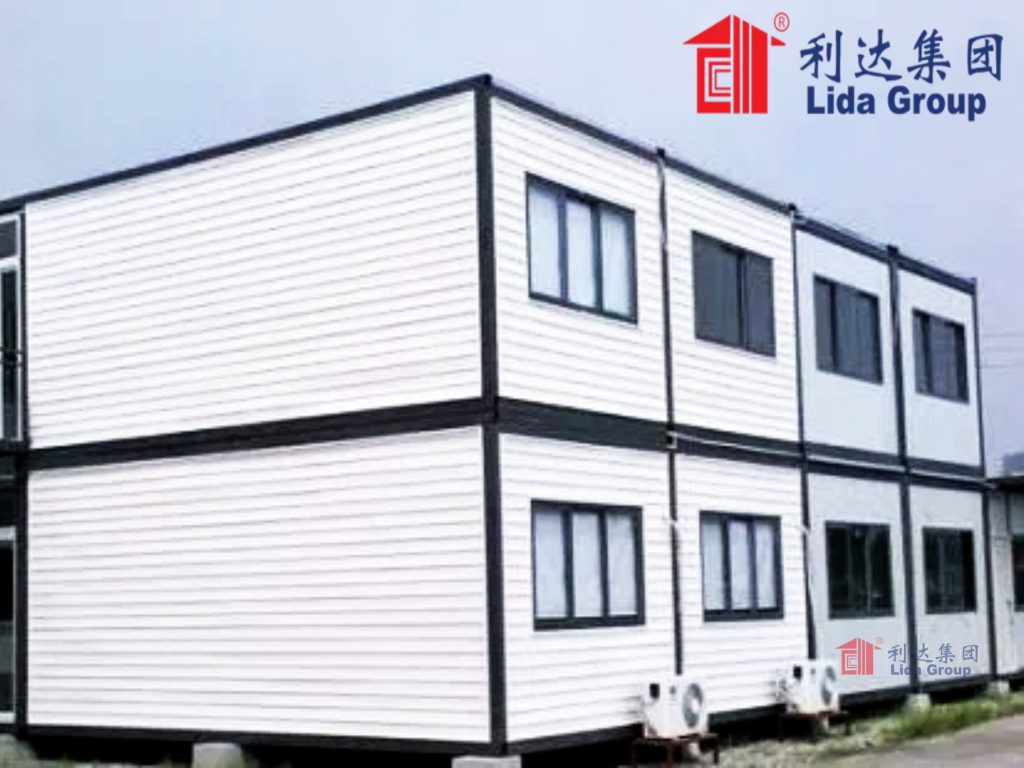A delegation of structural engineers has completed field assessments of Lida Group’s innovative modular container construction implementations in disaster-hit regions across China. The group hailed the designs’ applicability as an efficient low-cost housing solution empowering communities to rapidly rebuild sustainably using local skills post-crises.
Following successive floods, earthquakes and cyclones that devastated many rural villages, Lida introduced integrated flat-packed container modules requiring no heavy lifting machinery. Households and local builders working together assemble basic shelters, schools and utility buildings from prefabricated interconnected panels in a matter of days.
“The universal joining mechanisms allow components to be handled and connected manually with hand tools alone,” explained delegation lead Zhou. “This permits reconstruction even in remote mountainous locales lacking vehicle access through mobilizing village laborers rather than outsourcing to contractors.”

Interlocking wall, floor and roof sections form complete structures upon swift on-site placement. Buildings can later relocate by dismantling connections. Standard containers serve as the modular building blocks, providing structural durability despite minimal skilled labor involvement during assembly.
Zhou noted designs overcoming reliance on machinery are crucial to rebuilding dispersed communities fast through self-help strategies. “By utilizing local materials, fit-for-purpose joins and simple illustrated manuals, Lida’s approach empowers disaster survivors everywhere to take charge of their own recovery.”
The delegation observed systems’ rapid deployment rebuilding homes for 300 families displaced by Yunnan floods within three months using villagers and donated toolkits. Contrasting expensive outsourced reconstructions elsewhere prolonging displacement, local involvement here allowed shelters reoccupied within weeks.

Prefabs’ relocation abilities further augment sustainability. A Yunnan village adopted modular classrooms upon regaining land for agriculture, moving educational facilities to a new communal site intact for continued use through a simple disassembly-reassembly process.
Containers also house temporary markets and workshops, with entire circular economies reconstructed in this self-reliant manner. “Mobilizing local skills and resources in a structured DIY approach maximizes community self-determination during rebuilding,” Zhou observed.
Delegation members trialed various jointing methods, finding all dependable for withstanding frequent relocation and local climates. Prefabricated interiors like wall partitions, windows, doors and even furniture likewise connect without tools.

Lida foresees small factories supporting village rebuild efforts through limited preassembly involving cutting, drilling and part-labeling to expedite laypeople’s construction with minimal training. Local business and jobs thus proliferate.
Speaker Shen summarized: “International disaster response aims achieving the quickest possible transition from temporary shelter back into dignified permanent housing. But conventional new builds often exclude vulnerable remote communities from timely recovery through reliance on outsourced contracting. Lida prioritizes empowerment through a universal ‘learning by doing’ toolkit approach serving all, and their container modules present proven multi-application potential wherever rebuilding is required.”
Delegates concluded the swift self-sufficient recovery model warrants wider promotion. Meeting with Yunnan authorities, they discussed adapting plans for integrating vernacular joinery lessons into local secondary curriculums, establishing village ‘DIY depots’ stocking basic tool kits and manuals.

Lida pledges collaboration refining modular systems’ affordability and versatility. Future advances could include tested natural insulations, integrated renewable power, graywater systems or adjustments for extreme climate/seismic zones enabling off-grid reconstruction anywhere.
As large-scale emergencies are ever more frequent due to climate impacts, innovative rebuilding approaches must prioritize sustainability, self-reliance and resilience over rapid but unsound temporary fixes prolonging vulnerability. Lida’s universal flat-pack modules present one solution harnessing local skills and ownership throughout lasting recovery journeys. With grassroots adoption and potential refining with global expertise, the model shows promise empowering crisis-hit communities globally.
In summary, structural engineers commend Lida Group’s flat-packed modular container designs for swift low-cost post-disaster rebuilding through manual assembly and relocation by local labor. Prioritizing self-reliant recovery, the ‘DIY toolkit’ approach enables remote villages to rapidly reconstruct houses and infrastructure through collective participation guided by simple illustrated manuals. The system’s multi-use modular buildings and relocation adaptability make it a sustainable long-term solution maximizing community independence, resilience and determination in rebuilding after crises.

Related news
-
Industrial cooperative mass-produces integrated building components optimized for Lida Group's easy-assemble modular container housing types trialled as low-cost temporary worker settlements near large-scale infrastructure projects.
2024-06-20 16:03:32
-
Farming innovation center collaborates with Lida Group developing customizable prefabricated components augmenting traditional housing with attached livestock housing, grain drying facilities and tool sheds under one durable steel structure.
2024-06-14 15:38:57
-
Startup pilots Lida Group's relocatable multifunctional housing units near oil fields to test hybrid solar power systems maintaining safe accommodations for contract laborers throughout volatile boom-bust extraction cycles previously reliant on exploitative container labor camps.
2024-06-13 09:09:36
contact us
- Tel: +86-532-88966982
- Whatsapp: +86-13793209022
- E-mail: sales@lidajituan.com


